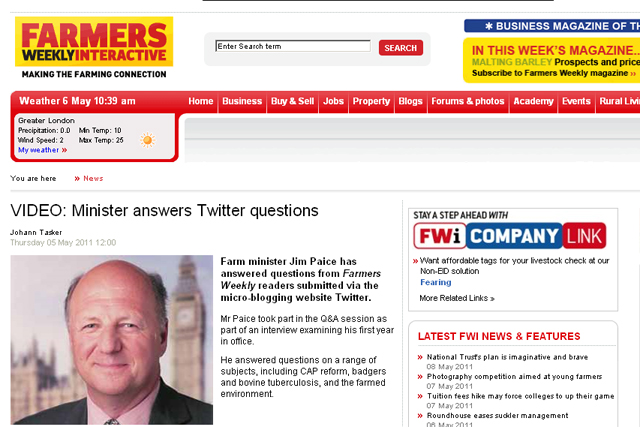
Julian Lloyd-Evans, managing director of advertising at Dennis, also accused established magazine publishers of being "too scared to take risks" in producing video.
Lloyd-Evans was speaking at the PPA conference earlier this week, where he appeared on the video session panel alongside Julian Gardiner, digital director at Farmers Weekly, and Richard O’Connor, client solutions director at United Business Media.
The panel discussed a range of issues including the risks of journalists fronting web TV, sponsorship of video, and some of the pitfalls in producing video content.
The panel were in agreement that producing video content should now be part of daily publishing.
Lloyd–Evans argued that magazine publishers have been guilty of being slow in realising the value of video to their brand portfolios.
But Gardiner pointed to the acceleration of video production by Farmers Weekly as an example of where a major publisher had taken the initiative.
Gardiner said that extensive training of his editorial staff had meant they were able to produce competent video on web TV, although this was not TV standard content.
Lloyd-Evans said magazine publisher have been "too scared to take risks" as "they did not want to come across as amateur" when producing video content.
He said this had meant that specialist sites, such as webcasting site Channel Flip, founded in 2007, and technology company HEXUS.net, had raced ahead in producing video content.
Channel Flip has featured videos like David Mitchell's SoapBox, as well as comedy programmes, film and car reviews.
When it came to extracting commercial revenues from online video, O'Connor offered the most convincing case, illustrating how UBM was producing a range of video formats on behalf of advertising clients, but none of the panellists gave the impression that video ads served within editorial videos formed a substantial part of their revenues.


.jpg)


.jpg)